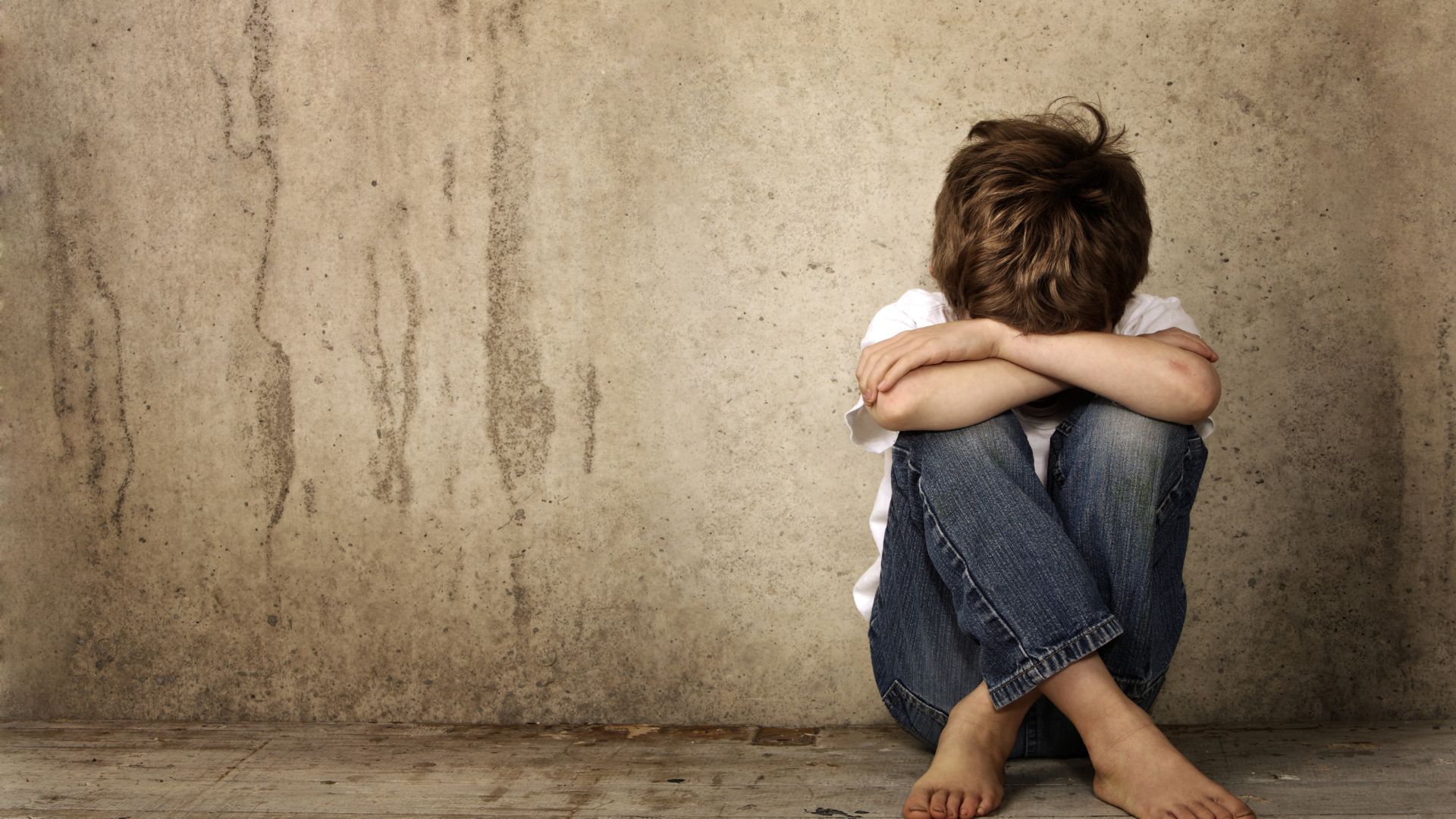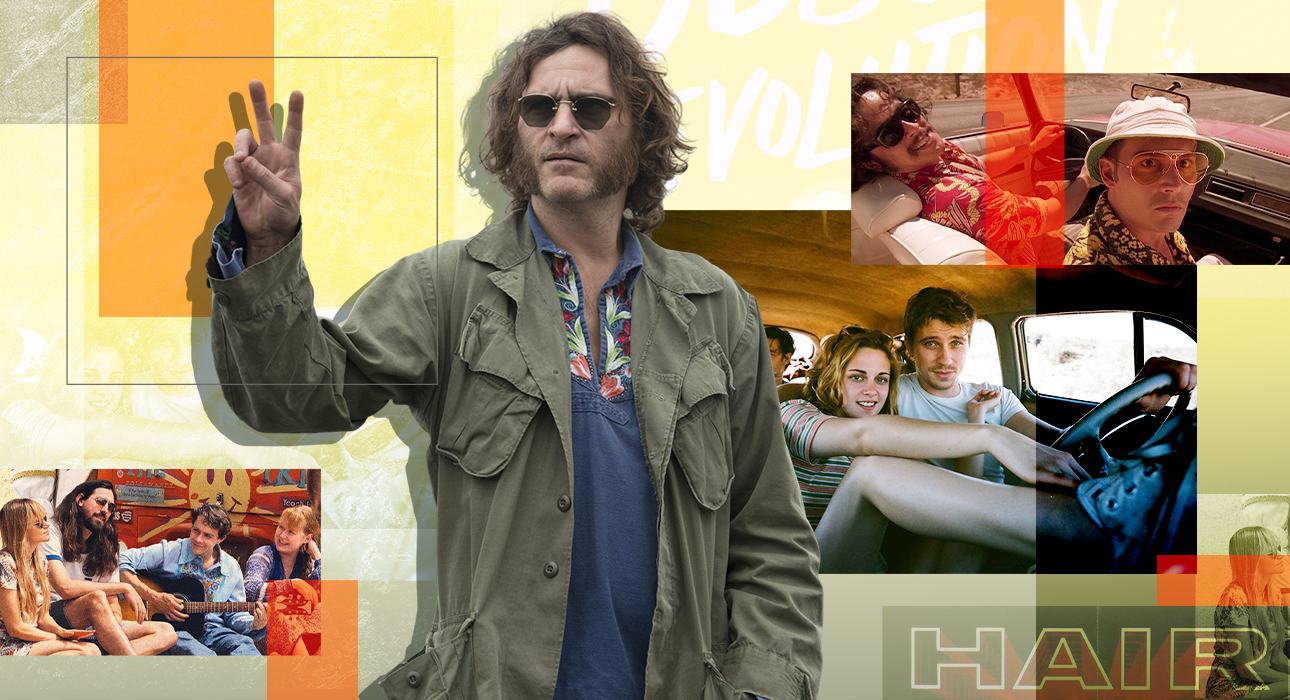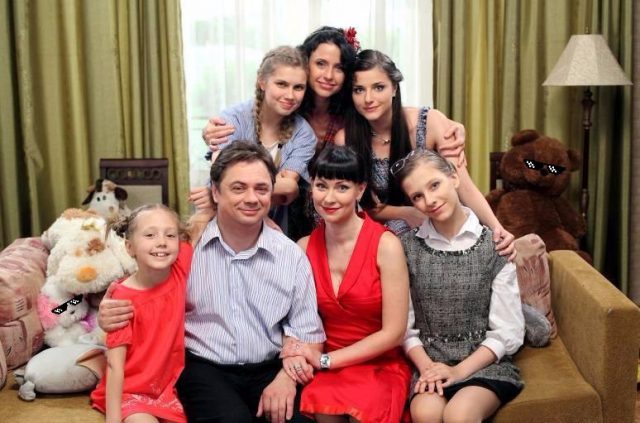The topic of violence against children is still taboo in France. However, this is a much more frequent phenomenon than it seems, and it affects all social categories. According to a study carried out by Harris Interactive for Blue Child, an association that fights against violence against children, 44% of French people suspect at least one case of child abuse in their entourage (current or past).
Furthermore, 24% of French people say they were victims of serious abuse in childhood, including 17% of sexual abuse. Despite these alarming data, Laura Morin, national director of l’Enfant bleu, explains that the context relating to violence against children has nevertheless evolved from #Metoo:
“According to the study, the French believe that the increasingly frequent media coverage of cases of violence allows freedom of speech on the subject, that of victims and witnesses.
However, even if a third of French people believe they have faced a case of child abuse in their entourage, often with suspicions rather than certainties, calls to associations such as ours are anything but systematic.
Violence against children, an underrepresented phenomenon
The numbers speak for themselves: violence against children is not an isolated phenomenon, but rather seems to reveal that they are consolidated realities. So what prevents us, when we suspect child abuse, from calling 119, the national toll-free number for children at risk?
Among the causes mentioned by Laura Morin, there is in particular a hierarchy of violence well anchored in our imagination, which would sometimes prevent us from measuring the seriousness of these:
“There are 5 types of violence: sexual, physical, psychological, moral and negligence. Sexual and physical violence is considered very serious by the vast majority. The line is more blurred when it comes to psychological and moral violence, or even negligence.
However, even if they are not visible to the naked eye or may seem less important than physical or sexual violence, they are I am equally disastrous”
The study also shows that the French prioritize violence by incorrectly curtailing some. For example, only 21% of French respondents to the study believe that slapping or spanking a child is very serious violence, while kicking is considered extremely serious by 83% of them, while in both cases it is physical violence.
The other thorny issue when it comes to violence, and particularly psychological violence, is the difficulty of delimiting what violence is and what parental authority is, explains Mélanie Dupont, a doctor in psychology who works with children and adolescents who are victims of violence physical, psychological, sexual, and their families at the medico-legal unit of the Hôtel-Dieu in Paris:
“The question of the delimitation of violence is at the heart of the problem, especially when it comes to psychological and moral violence. OR do they start? What is violence and what is not? Certain words or behaviors may or may not feel violent depending on the person, and we could discuss the topic for hours.
What matters is the feeling of those who receive these words or suffer this violence. So when we have you suspect, but you are afraid of making a mistake, I advise you to trust your instincts: if you feel that something is wrong, it is definitely not right. You must have faith in yourself and do not hesitate to call 119. We remind you that in the event of a life-threatening emergency you must obviously contact the fire brigade or Samu directly”.
In the face of hesitation, the call of duty
Reporting child abuse is not a trivial act. Indeed, it can be understandable to feel a certain reluctance, but this is partly due to ignorance of the legal process that a report initiates.
This is explained by Régine Frémaux, a volunteer of the association for 5 years, who receives people on the phone every day who wish to report violence:
“We cannot rely on one person’s statements to implement drastic measures. Before acting, there is an investigation to verify the facts, and confidentiality is the watchword during the first exchanges. Every day many people call. This does not mean that every person suspected of having committed violence against a child is directly sanctioned. For this reason, I always recommend reporting when you have a doubt, even if these doubts turn out to be unfounded. Reporting child abuse is not an option based on subjective judgement. It is a must“.
Reporting violence against a child does not automatically withdraw the child from his or her family, recalls Laura Morin:
“Initially, in the case of confirmed violence, the child is obviously treated by a psychologist, and the parents are also accompanied by social assistance. The goal is to implement solutions that can guarantee the well-being of the child, which does not always involve placement in a home or in another family.
Sometimes parents just need outside help to be able to handle the situation. The removal of a child from his family is a rare case and there are a number of measures to be put in place before it comes to this solution. »
Reporting, an act that can save lives
According to the therapist, what matters above all in the reporting process is the symbol of the act and of the listening that will be offered to the victim. In fact, knowing that someone has taken the trouble to react to a situation of injustice suffered plays an important role in a child’s healing process, as does attentive listening to psychologists:
“Knowing that an injustice you have been a victim of has been recognized, denounced and addressed, even if the person has not been punished by justice, is a huge step in the life of a child victim. Indeed, it will not be based on the idea that no one can be trusted and that all human beings are evil.
To listen to a child and help him is to show him that even if his family is evil, not all adults on earth are evil and that he can rely on strangers. And this is essential for his construction as a human being. »
Listening therefore plays an essential role in the life of the victims, even years later, when no one was able to help at the time of the events. Actress and author, Kamelia Pariss, was abused by her parents during her childhood.
He spoke publicly about the facts, especially at the time of #metooincest, and confirms the words of Laura Morin:
“When I was a child, many adults could have seen what was happening at home. Yet no one has reported anything. I understand the reluctance on the part of my uncles and mine Aunts: Child abuse, including incest, is a generational problem in my family.
So I understand some members are still in denial and therefore unable to move. But as regards, for example, our family doctor, the national school staff, I find it more difficult to understand why no one has said anything. In my case, it would have changed everything“.
And even if, in an extreme situation like that of Kamelia Pariss, the best thing would have been to withdraw parental custody, the young actress admits that it may have been the best solution for her. At least, in hindsight:
“I loved my parents deeply, unconditionally. I felt a lot of compassion for them and wanted to help them. I had absolutely no idea what I was going through was not normal. So if I was taken away from my family, it would have been dramatic for the child I was at time T. But this would have allowed me to build myself much better as an adult. It would have me averted a good number of traumas that I still struggle with today. »
In France, associations such as Blue Child fight against child abuse, in particular by supporting people who witness violence against children. They also accompany minor victims, including adults who would not have been assisted at the time of the events.
The telephone reception is open from Monday to Friday from 10:00 to 17:00. In an emergency, you should call 119, the helpline for children in danger. In the event of a life-threatening emergency, dial 15.
Do you like our articles? You will love our newsletters! Sign up for free on this page.
Source: Madmoizelle
Mary Crossley is an author at “The Fashion Vibes”. She is a seasoned journalist who is dedicated to delivering the latest news to her readers. With a keen sense of what’s important, Mary covers a wide range of topics, from politics to lifestyle and everything in between.





